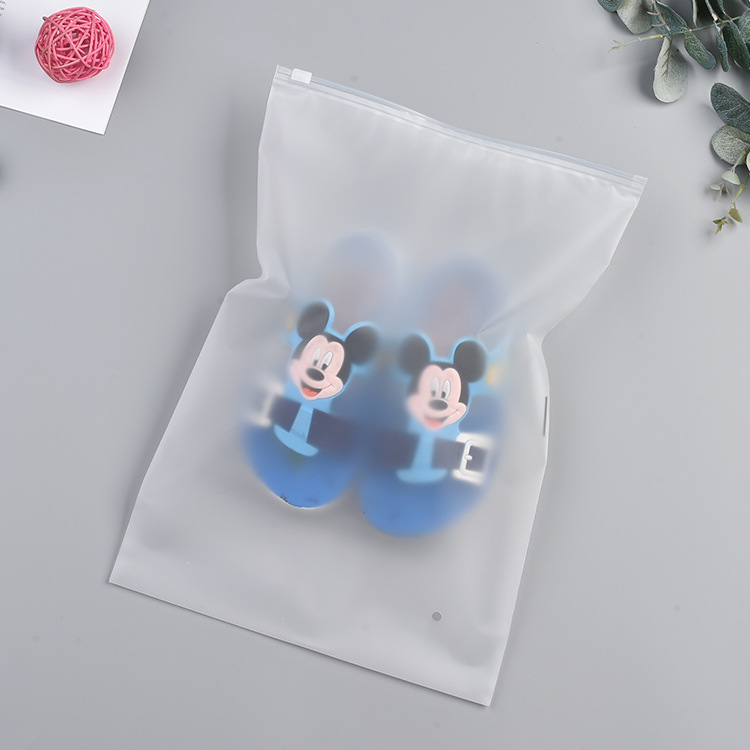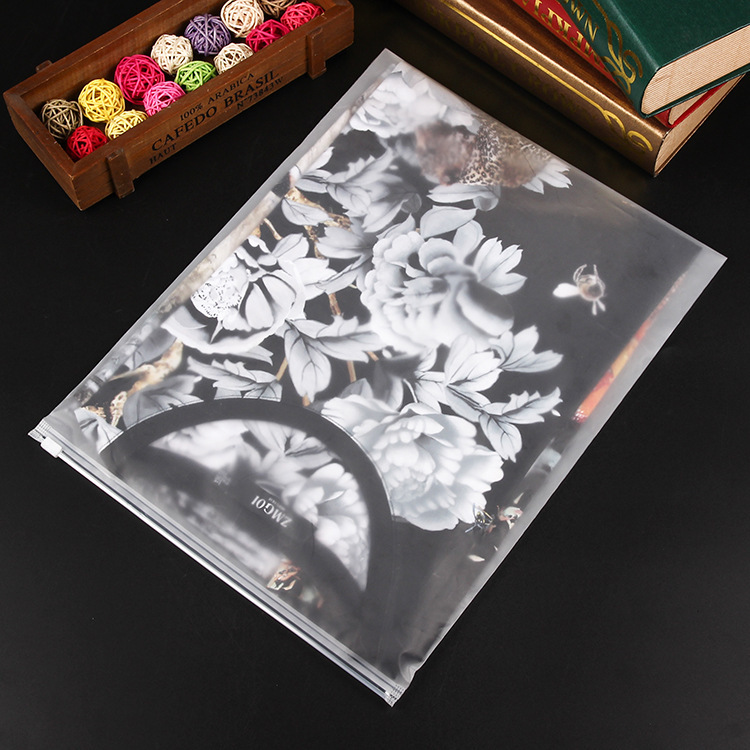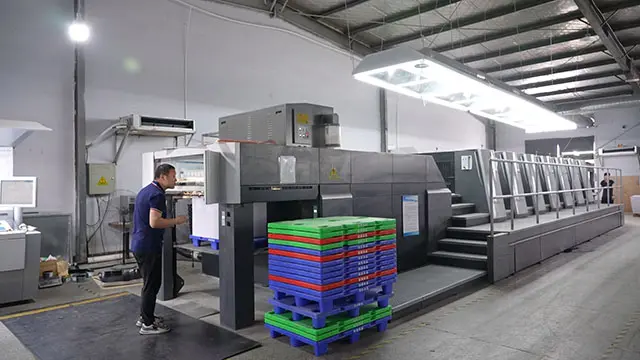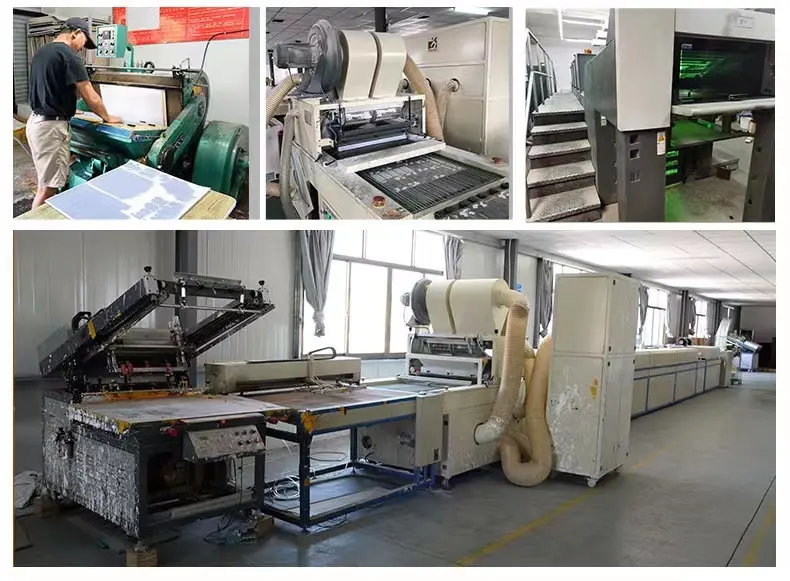What is UV Coating in Packaging?
What is UV Coating in Packaging
UV coating is a transparent liquid layer applied to paper, which cures under ultraviolet light to add a high-gloss effect. Typically, it is applied after printing through a UV coating machine, enhancing the vibrancy of artwork and giving packaging a more stylish look. Let’s explore the UV process in detail and see how it can be used in custom packaging projects.
UV Spraying Process
UV glossing is a widely used finishing technique in packaging. UV coating is a clear compound made from calcium carbonate, kaolinite, and polyethylene, applied using either a screen or roller method. Once the coating is applied, it quickly dries under ultraviolet light, providing waterproofing and can be applied to the entire surface or specific areas of the packaging as needed.
Explanation of Spot UV Coating
Spot UV coating is a method where UV liquid compounds are selectively applied to certain areas rather than the entire packaging surface. This technique highlights specific design elements, such as logos, text, or images, to enhance depth and visual appeal.
Applications of UV Coating
UV coating is commonly applied to thicker, heavier paper products, such as rigid boxes and corrugated packaging. It effectively enhances the appearance of artwork and is popular in luxury packaging, giving products a high-end feel. With the rise of e-commerce, UV coatings are also used to strengthen packaging and improve tensile resistance during transit.
Types of UV Coatings
1. Gloss UV: Offers high gloss and is best for spot applications to avoid excessive reflection.
2. Matte UV: Adds a touch of elegance, though it may show fingerprints.
3. Pearlescent UV: Has a shimmery, iridescent effect, achieved by combining gloss UV with metallic particles.
4. Orange Peel UV: Has a textured, raised design, adding visual and tactile interest.
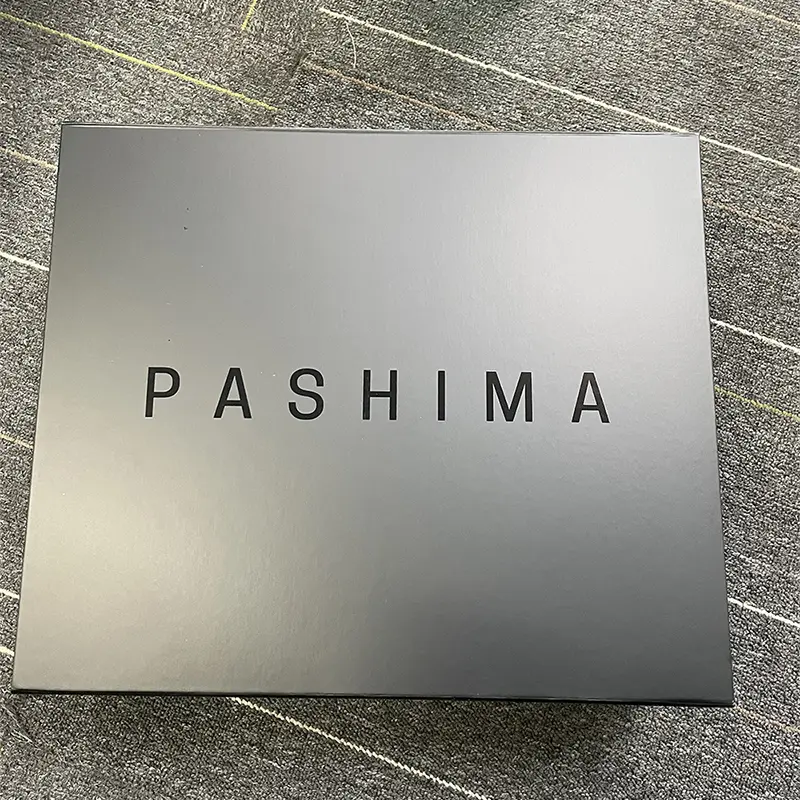
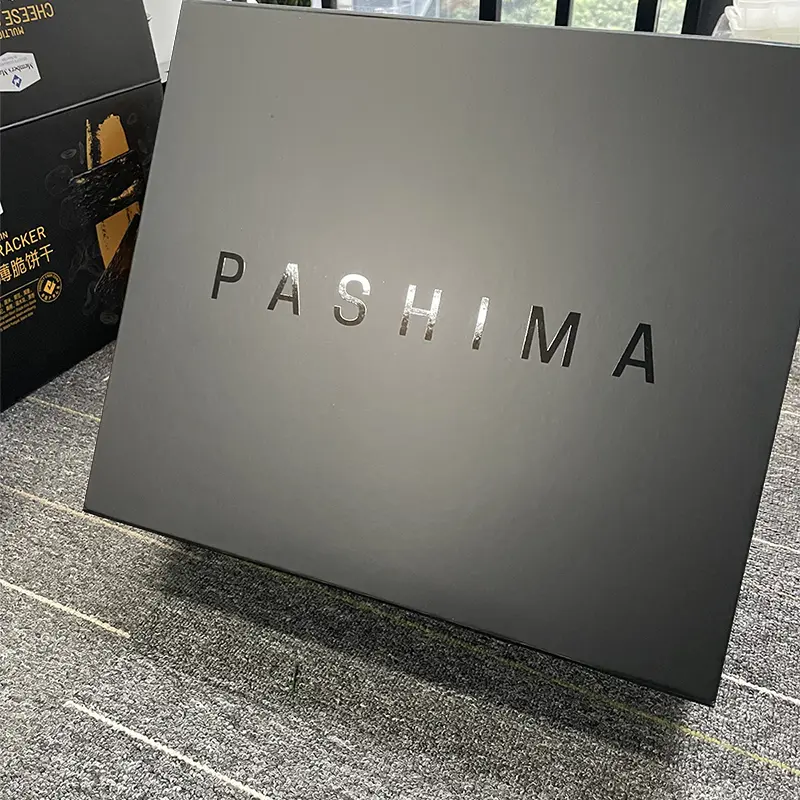
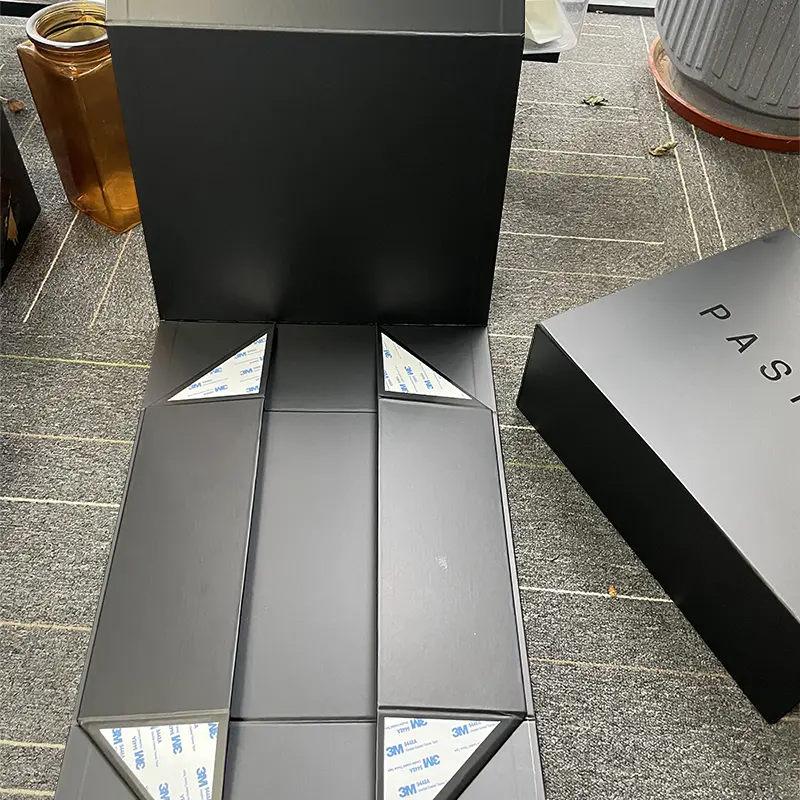
hnweb_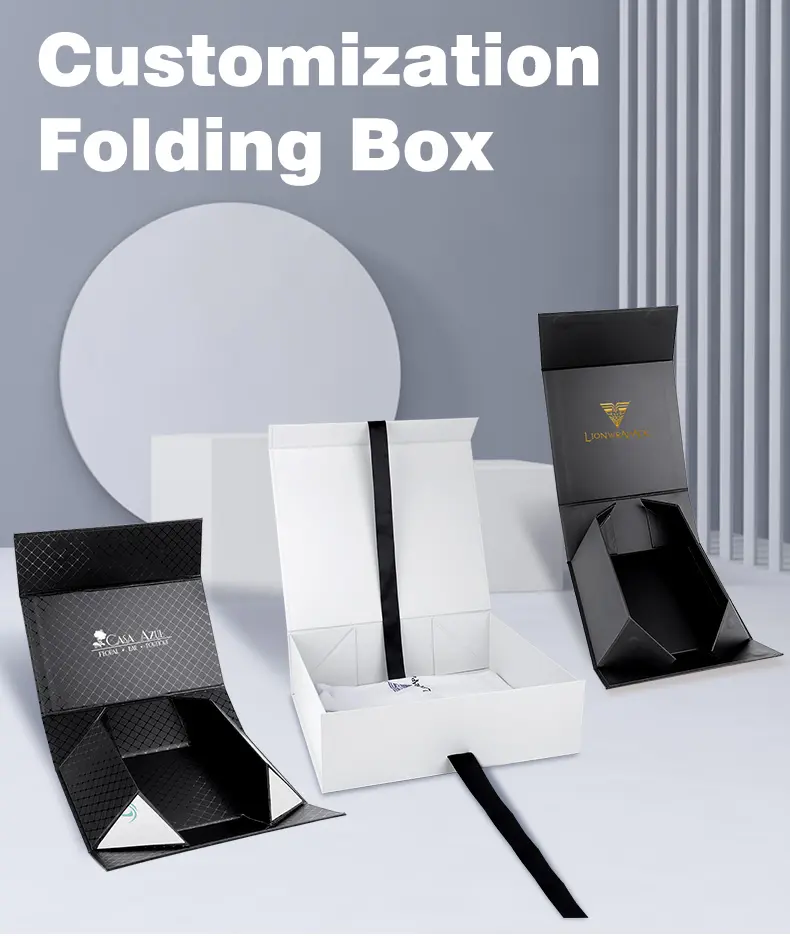
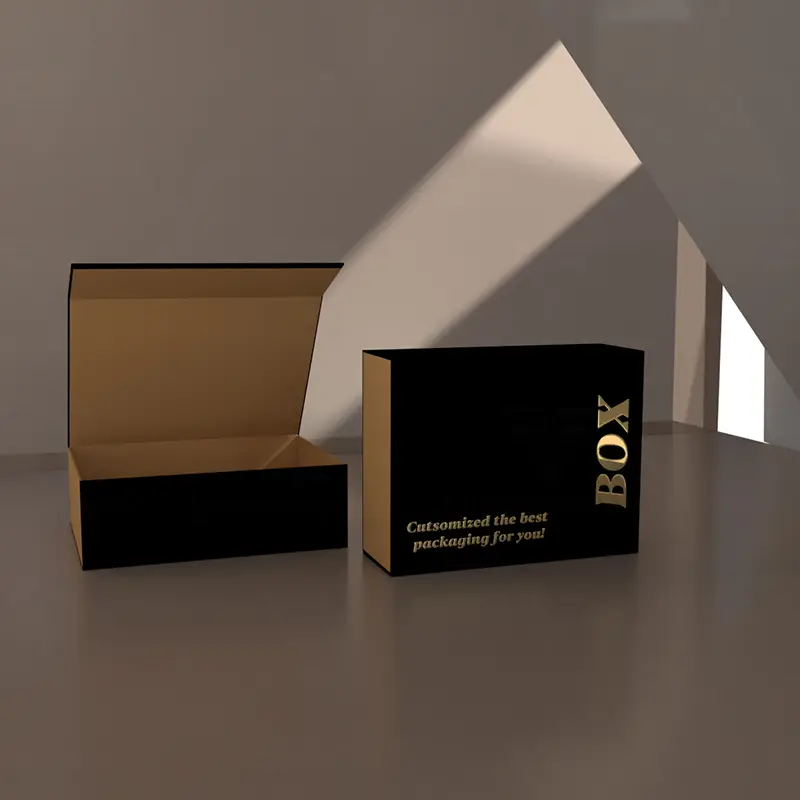
Pros and Cons of UV Coating
Pros:
- Eye-catching Appearance: High gloss enhances visual appeal and perceived value.
- Durability: UV coatings offer better abrasion resistance than water-based coatings and varnishes; certain types resist smudges.
- Fast Drying: Rapid drying helps reduce lead time and increase efficiency.
Cons:
- Chemical Burning: Certain PMS colors may be prone to chemical burns.
- Risk of Quality Damage: Improper print settings may lead to defects in the finish.
In summary, UV coating can give products a chic, high-end look, making a strong first impression. However, it’s essential to consider potential drawbacks like the risk of chemical burns and quality issues.





























